
Resisting global tyranny: nationalism, religion and the golden chain of tradition
by Paul Cudenec | Oct 9, 2023
I have always felt an extreme dislike for globalisation.
It flattens our cultures, annihilates our autonomies and steals our futures. It rips up the roots of our belonging and flings us into the greedy gaping jaws of its all-devouring worldwide Machine.
Why then, some opponents of globalisation might ask, having also noticed my enthusiasm for Indian spiritual warrior and nationalist Sri Aurobindo, [1] am I not myself a nationalist?

On a particular and personal level, this is partly because I am English, or British. Here we see the first problem I have with nationalism – I don’t even know how best to describe my nationality!
Moreover, in either case, what is the entity against which English or British nationalists should be asserting their sovereignty?
With the EU out of the way, this would presumably be transnational and global institutions like the WHO, the IMF, the World Bank, the Bank for International Settlements, NATO, the WEF and the UN.
While I, like many others in my native land, long regarded the USA as the source of this globalist imperialism, the truth is, in fact, on our doorstep.
As reflected in the fact that the Great Reset was officially launched by the man who is now King Charles III, [2] the global criminocracy [3] has deep historical connections – administrative as well as financial – with London.
So a primary target for the independence-asserting efforts of an anti-globalist English/British “nationalism” should be London itself.
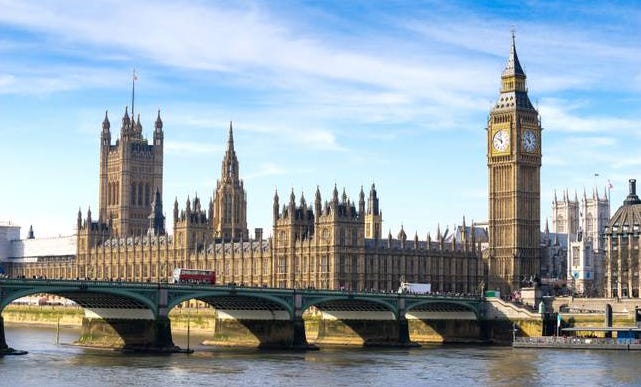
I am now placing “nationalism” in inverted commas because this is clearly no longer what we are dealing with: a nationalist struggle for English or British independence from London is a strange notion indeed!
In truth, our freedom-affirming anti-globalist energy must necessarily go beyond the question of national independence to target the structures and impositions within that national framework which are the root source of global exploitation.
Although this reality is particularly clear with regard to Britain, the principle remains the same for other countries, even those with a history of being the victims, rather than the proponents, of imperialism.
The idea of loyalty to a nation has always been used to distract attention from the enemy above, the ruling clique whose self-interest usually eclipses any sense of solidarity with the people as a whole.

Today, as we know, the ruling political class everywhere has furthermore been directly “penetrated” by globalist networks [4] and thus represents the primary immediate enemy for all anti-globalists.
This remains true, of course, even when these politicians pose as nationalists and use the language of nationalism to gain support from the public!
There is much that is problematical about nationalism, such as its role in justifying the existence of a central state and the “national” uniformisation which was crushing organic autonomies and cultures long before globalisation.
Nationalist passions (whether British, German, Russian, Ukrainian, Palestinian or Israeli) [5] are also regularly exploited to gain consensus for bloody conflicts in which the losers are invariably the peoples concerned and the winners the usual global financial parasites.
“Nationalism” would clearly have to be of a particular kind in order to see off global control and contain within its thinking the understanding that although nationalism might appear today to be the antidote to global imperialism, it was historically a stepping stone in that direction and can still serve as a veil for concealed ruling-class adherence to globalist agendas.
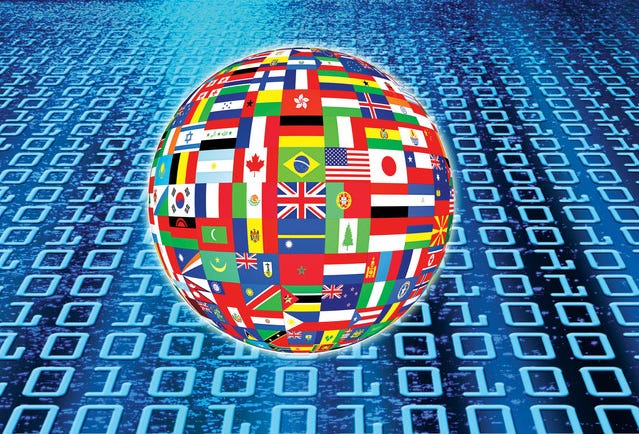
Such is the criminocracy’s reach and domination that it is able to take over and redirect pretty much any political or philosophical movement that arises to challenge its rule.
This appears to be happening to perennialism, or Traditionalism – an understanding of the shared core of the world’s religions that also potentially provides us with a powerful source of morality to counter everything the vile globalists are trying to impose on us.
The alarm bell is sounded by Sufi Traditionalist Charles Upton in his 2022 book The Way Forward for Perennialism.
He warns: “As a parasite on Truth, evil forms its own inverted metaphysics, and inverted morality as well; it forges its own Counter-Tradition and Counter-Initiation with scraps and fragments of doctrines purloined from the Primordial Tradition, and from the various Divine Revelations that are its branches”. [6]
“The doctrine of the Transcendent Unity of Religions, true as it is, cannot be announced to a world ready to believe it, but not capable of understanding it, without giving aid and comfort to those who are working to homogenize the world’s faiths into a One-World Religion, and consequently destroy them, partly by means of a Satanic counterfeit of this very ‘meta-doctrine’.” [7]
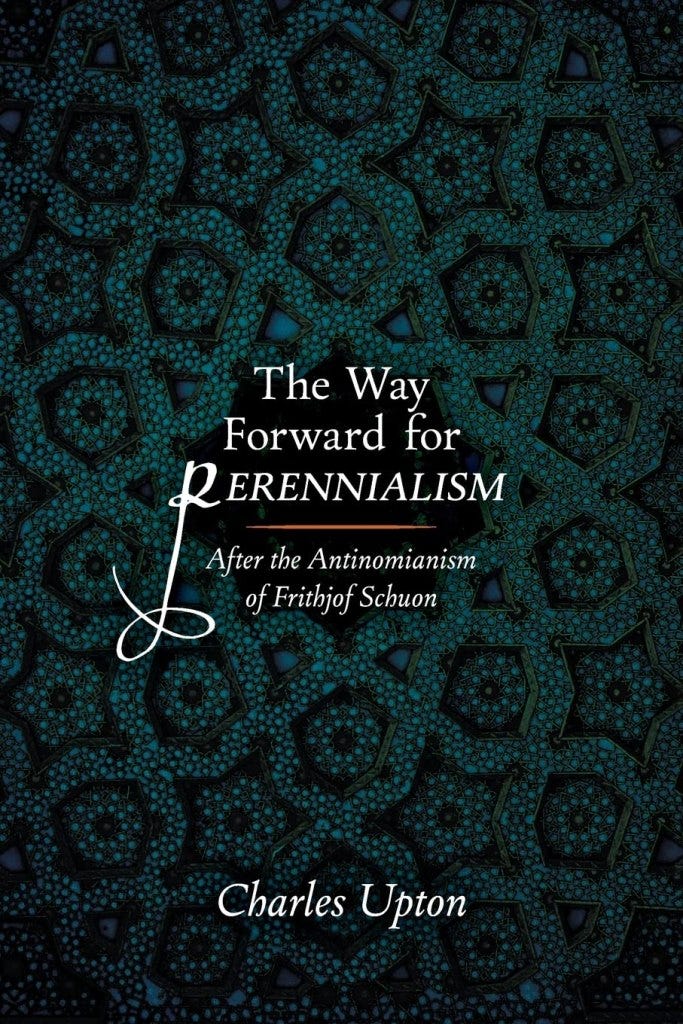
Against this threat, he reminds us of his Traditionalist insistence that while a perennialist awareness of the transcendent unity of all major religions is important, it does not, itself, amount to a religion.
In order to find vertical depth, as well as horizontal range, one needs to follow the path of a particular tradition, he says.
Titus Burckhardt spelled out the somewhat limited possibilities on offer from the Traditionalist menu: “There is no spiritual path outside the following traditions or religions: Judaism, Christianity, Islam, Buddhism, Hinduism and Taoism; but Hinduism is closed for those who have not been born inside a Hindu caste, and Taoism is inaccessible”. [8]
In principle, I understand the significance of engaging seriously in one spiritual tradition, rather then merely indulging in a religious pick-and-mix, but in practice I come across a couple of problems.
The first, as with the question of nationalism, is on a particular and personal level.
Given my cultural background, the most obvious spiritual path for me to have taken would have been Christianity.
Today I can see the light in this faith shining out through sacred art, music and architecture, as well as through the words and actions of Christian friends.

But as a boy, I found neither spirituality nor inspiration in the flat and dreary religion I encountered via Methodist Sunday School and Church of England school assemblies.
I have subsequently felt the Christian church to have played a key historical role in stifling the human soul, in denying our belonging to nature and in blocking authentic spiritual understanding. [9]
The obvious contemporary corruption of Christian institutions by the global criminocracy (whether the Roman Catholic Church [10] or the Church of England [11]) hardly encourages me to revise this opinion.
It’s not just Christianity, either. There seems to have been no shortage of “sharia scholars” coming forward to approve Covid jabs in the name of Islam [12] and the United Nations is proud to be “blending Islamic finance and impact investing for the Sustainable Development Goals” [13] by creating a Global Islamic Finance and Impact Investing Platform. [14]

Upton seems well aware of all this and his answer is to go beyond corrupt current institutional forms to reconnect with the Tradition itself, as passed on over the centuries.
But even here, I have my doubts. For instance, while Christians trace their faith back, via the apostles and the oral tradition, to the words of Jesus Christ, the gospels we know were carefully selected to present a certain line.
Was the Christian faith not already being corrupted when it was shaped into a suitable official religion for the Roman Empire?
In general, are not all religions mere forms, intended to communicate greater truth, which can ultimately be hijacked for other purposes?

Is there not a risk, if we attach ourselves too closely to those human-manufactured forms, that we will lose sight of the sacred essence?
I see a clear parallel here with the way that we have to go beyond the corrupted forms of nation-states in order to reconnect with the essence of the impulse we have been taught to label “nationalism”.
There is a connection between the Traditionalist principle that “the religions are both intrinsically one and necessarily multiple” [15] and the notion of “nationalism” transformed into universal self-determination, on every level.
There is a difference, as well, in that the spiritual path sees our ultimate identity in the higher One, while that of political self-determination emphasises an empowerment from below – our freedom to be ourselves, as individuals and communities.
But there is no contradiction, only complementarity, and it is perhaps in combining these approaches that we can best protect both from corruption.
A rooted anti-globalism enlightened by an awareness of wider belonging would less easily fall into the trap of narrow chauvinism.
And a spirituality with universal scope, but aware of the importance of cultural, political and economic self-determination, could not readily be co-opted to serve an imperial-globalist agenda.
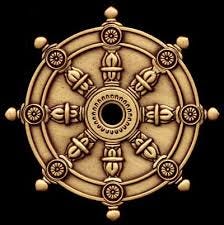
More than that, I would say that both impulses are rooted in a deep sense of what feels right – they correspond to the archetypal sense of justice that is innate to our species, the yearning to take The Withway to somewhere we can call home. [16]
Upton identifies a revival of this point of view among today’s younger generation – “Christians, Muslims, the religiously unaffiliated, and even agnostics” [17] – who are rejecting postmodern woke dogma in favour of ideas both old and true.
“A large and growing body of sophisticated philosophical speculation and social analysis is being generated to serve and express this turn toward Tradition”. [18]
This latter observation seems highly signficant to me, since it is not just the form of religion that has been corrupted by the empire of modernity, but also our ability to think.
I have written elsewhere that the nominalists of the Middle Ages led us into a philosophical dead end of imagining that “reality exists in the human mind, and nowhere else”, as the Big Brother regime insists in George Orwell’s Nineteen Eighty-Four.

I explained: “Nominalism, or the via moderna as it was known for a while, represented a challenge to the certainties of the original oldthink – or via antiqua – which had been inherited from classical Greek philosophy and before that from a catena aurea or golden chain of thought stretching back into remotest antiquity”. [19]
The via moderna of the globalists’ postmodern woke dogma recognises no such thing as essential truth, the universal human spirit or our innate desire for freedom born of belonging.
We therefore need to turn back to the oldthink of the via antiqua, seize hold again of the catena aurea, so as to be able to understand and express the possibility and desirability of a new Golden Age corresponding to innate human needs and to the harmony of all things.
Free peoples, close to nature, living simply, peacefully, honestly and humbly; cherishing their own specific traditions and cultures and yet understanding the bigger picture of their belonging to greater human, natural and cosmic wholes – this is the world that I would like the children of tomorrow to inherit.
And it is also, of course, the complete opposite of the nightmare future being lined up for us by the past-erasing globalist beast.
Subscribe to Paul Cudenec
References
[1] https://winteroak.org.uk/2023/09/20/a-spiritual-warrior-against-the-empire-of-greed/
[2] https://winteroak.org.uk/2022/04/15/charles-empire-the-royal-reset-riddle/
[3] Paul Cudenec, Converging Against the Criminocrats: Essays and Talks for the New International Resistance (2023)
https://winteroakpress.files.wordpress.com/2023/09/convergingagainstthe-criminocratsweb-1.pdf
[4]
[5] https://winteroak.org.uk/2022/10/14/a-crime-against-humanity-the-great-reset-of-1914-1918/
https://winteroak.org.uk/2022/03/09/the-great-reset-phase-2-war/
[6] Charles Upton, The Way Forward for Perennialism: After the Antinomianism of Frithjof Schuon (Philmont, NY: Sophia Perennis, 2022), p. 35.
[7] Upton, p. 104.
[8] Titus Burckhardt, Mirror of the Intellect (1987), p. 251, cit. Upton pp. 175-76.
[9] Paul Cudenec, The Stifled Soul of Humankind (Sussex: Winter Oak, 2014).
https://winteroakpress.files.wordpress.com/2021/05/the-stifled-soul-of-humankind-w.pdf
[10] https://winteroak.org.uk/2022/05/30/francis-a-pope-of-the-poor-a-pope-for-the-environment-or-a-pope-of-the-global-elite/
[11] https://winteroak.org.uk/2023/07/12/the-church-of-england-enslaving-gods-children/
[12] https://www.theguardian.com/commentisfree/2021/feb/18/muslims-wary-covid-vaccine-religious-reason
[13] https://www.undp.org/policy-centre/istanbul/news/blending-islamic-finance-and-impact-investing-sustainable-development-goals
[14] https://gifiip.org/
[15] Upton, p. 11.
[16] Paul Cudenec, The Withway: calling us home (2022).
https://winteroakpress.files.wordpress.com/2023/06/the-withway-paul-cudenec.pdf
[17] Upton, p. 199.
[18] Upton, p. 199.
[19] Paul Cudenec, Nature, Essence and Anarchy (Sussex: Winter Oak, 2016), p. 23.
https://winteroakpress.files.wordpress.com/2021/05/nature-essence-anarchy-w-1.pdf




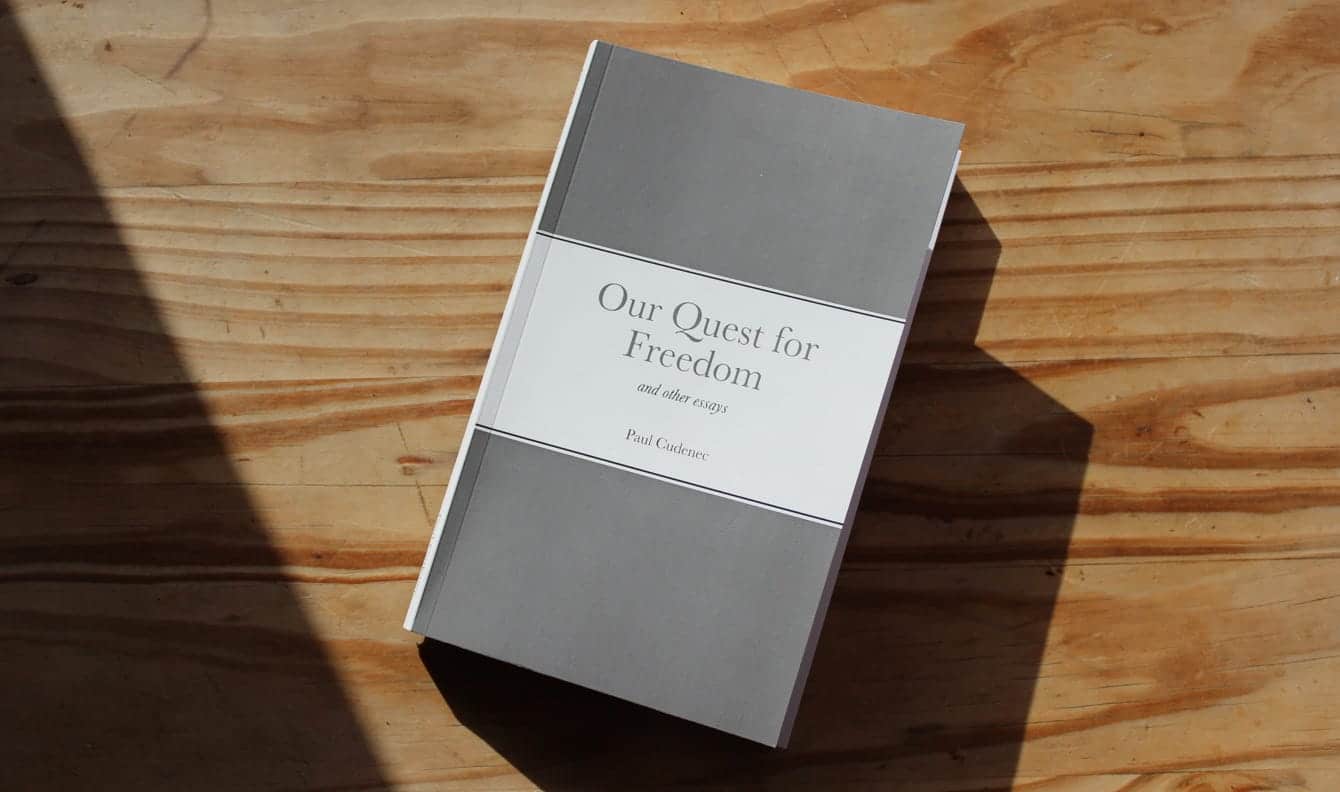
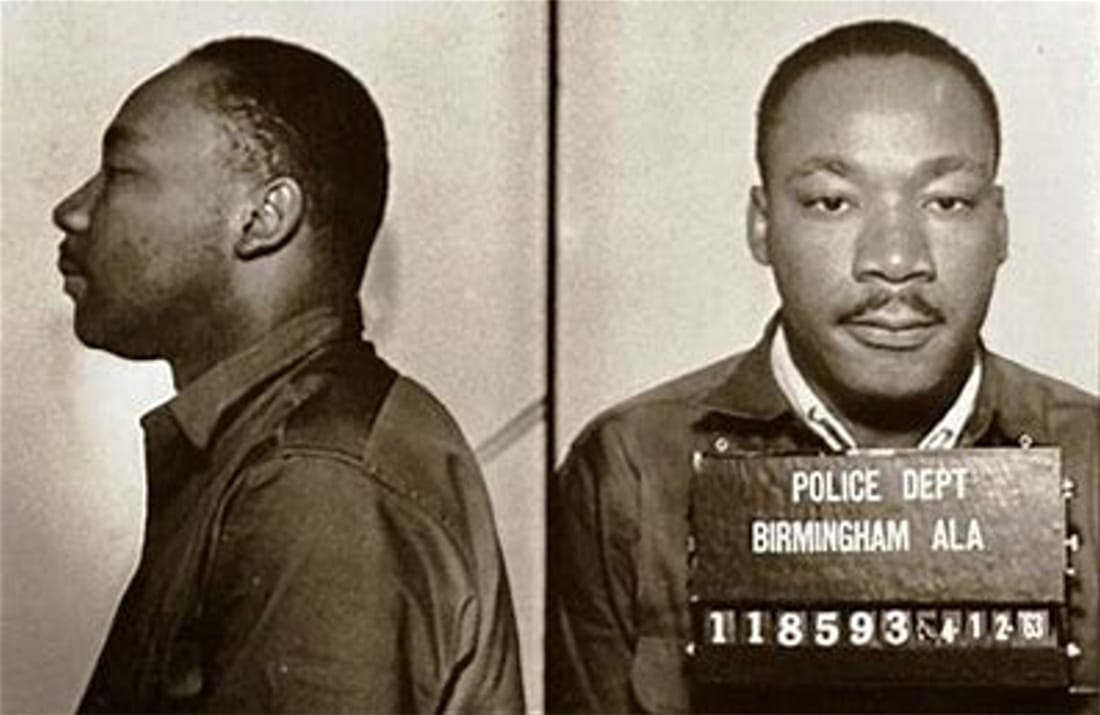
0 Comments